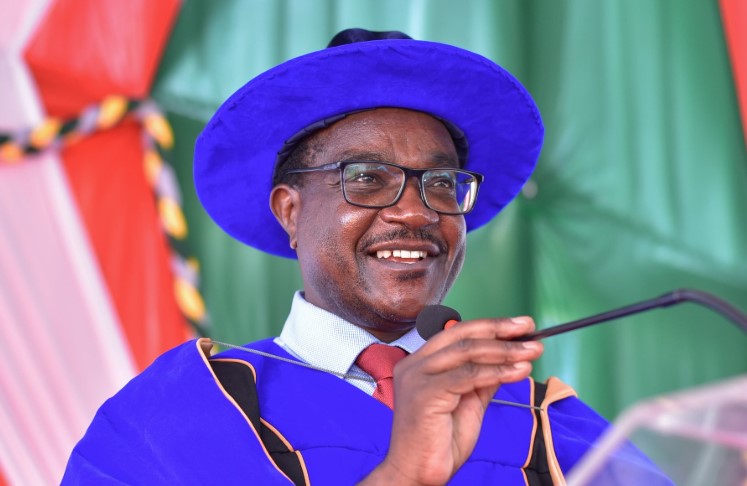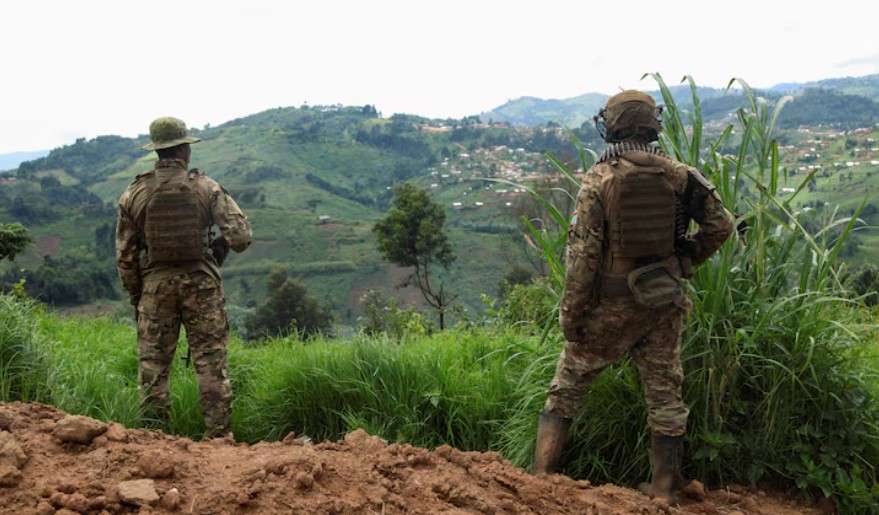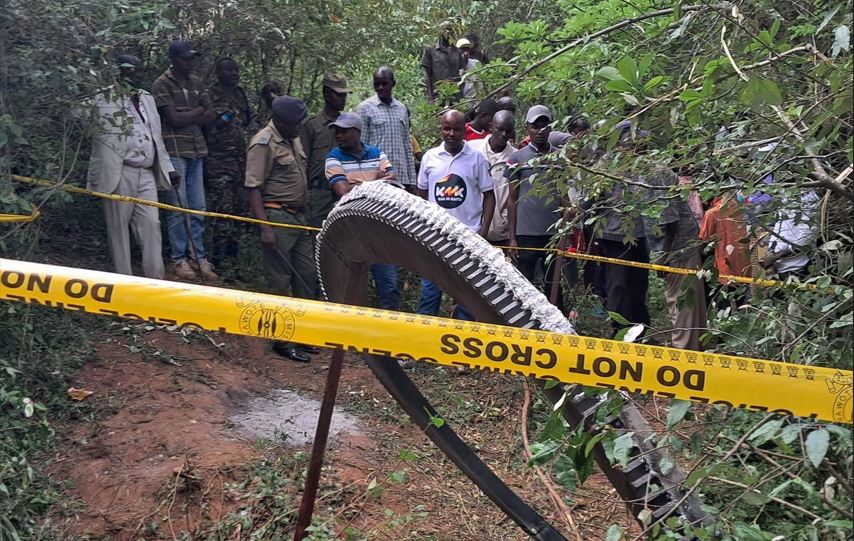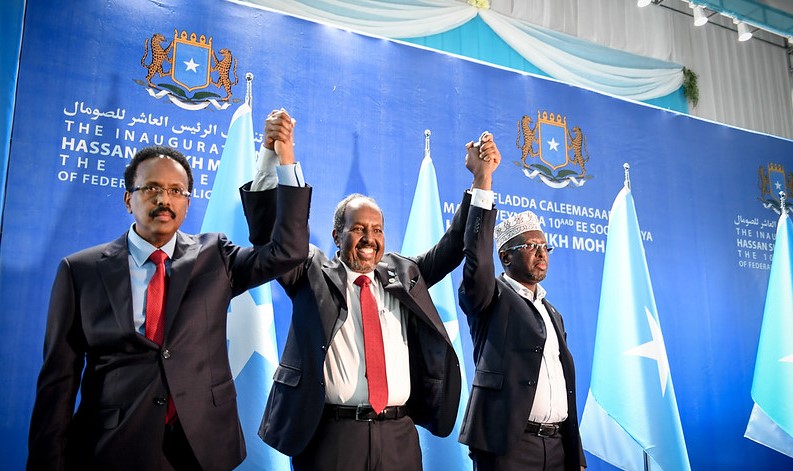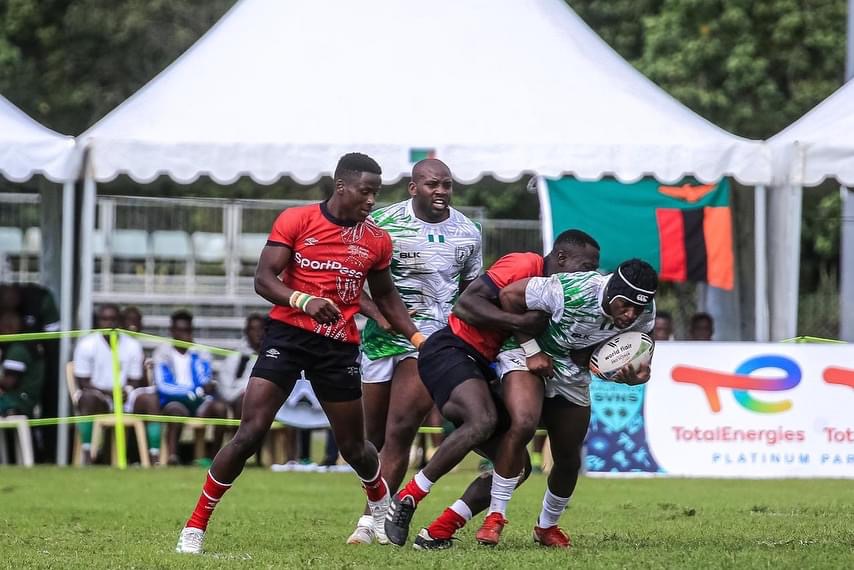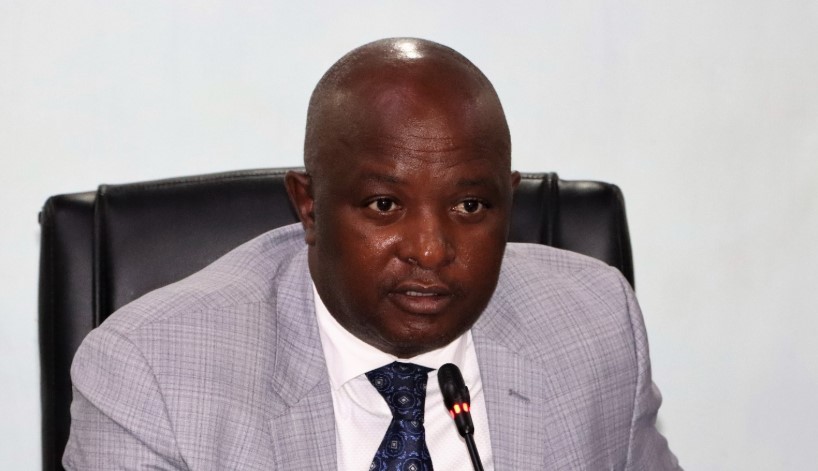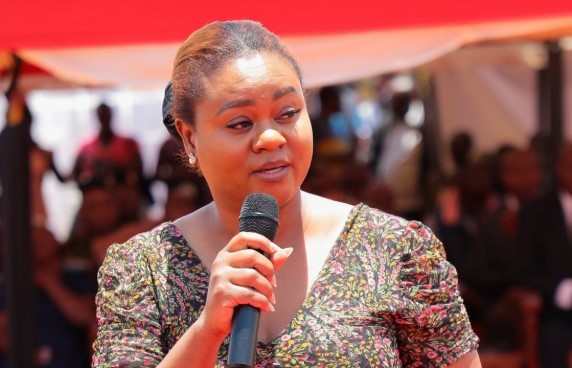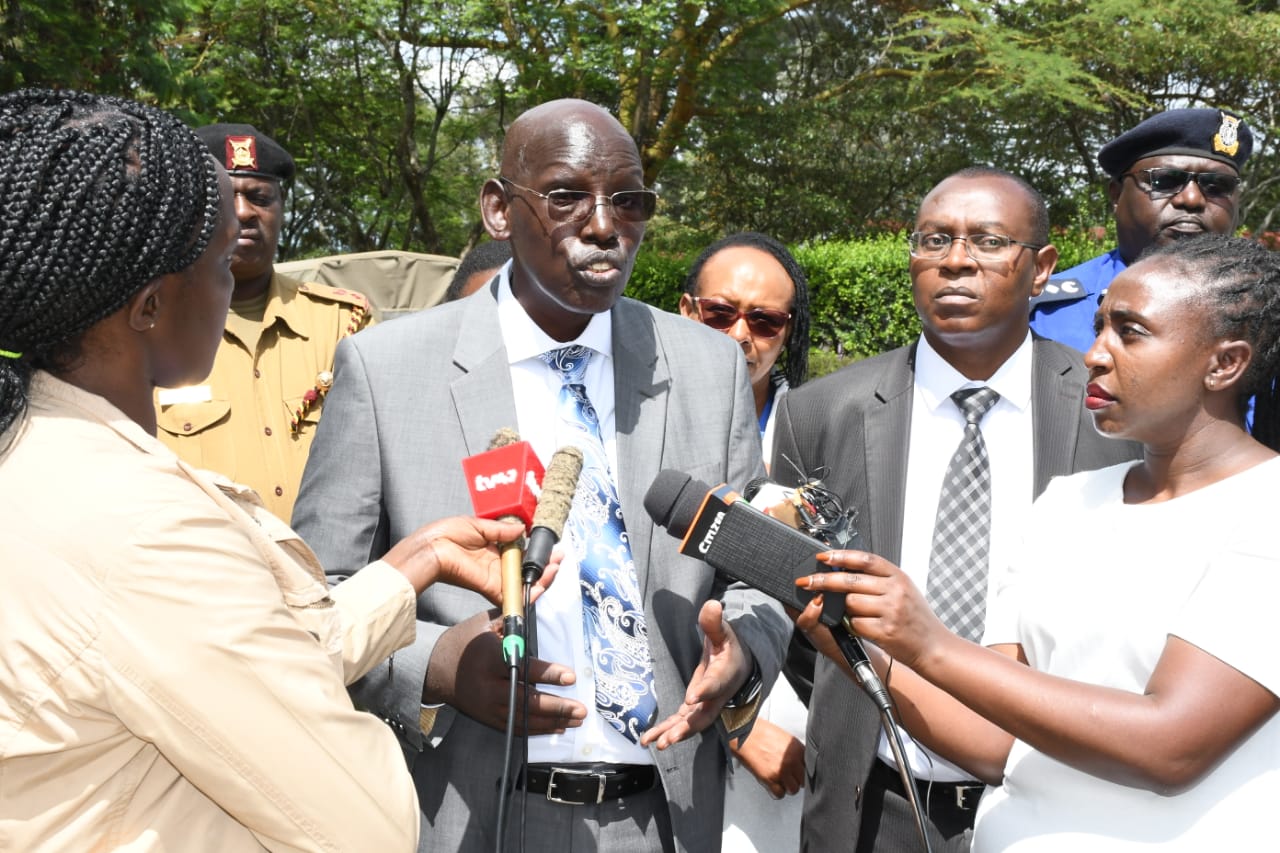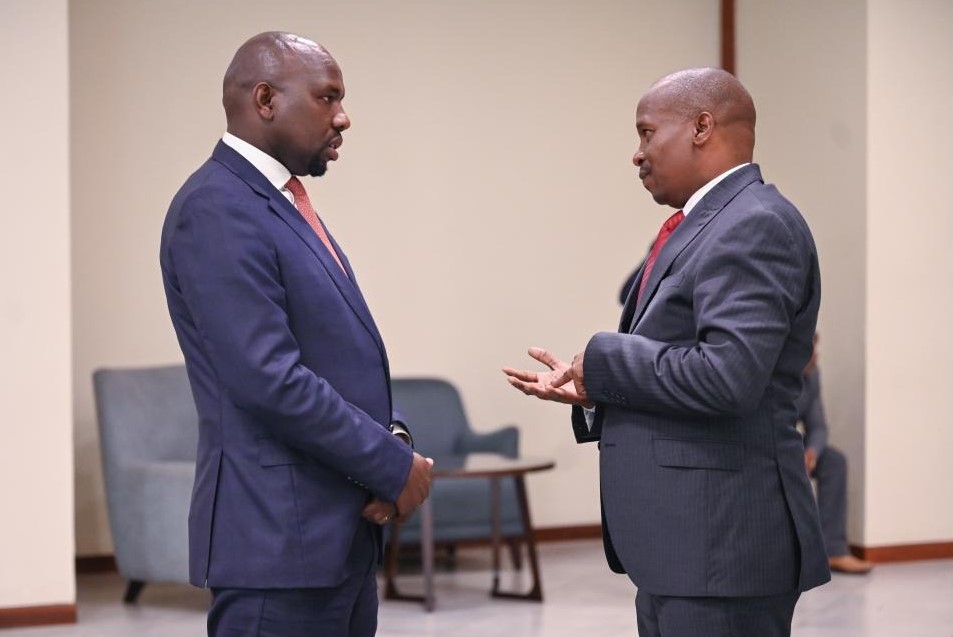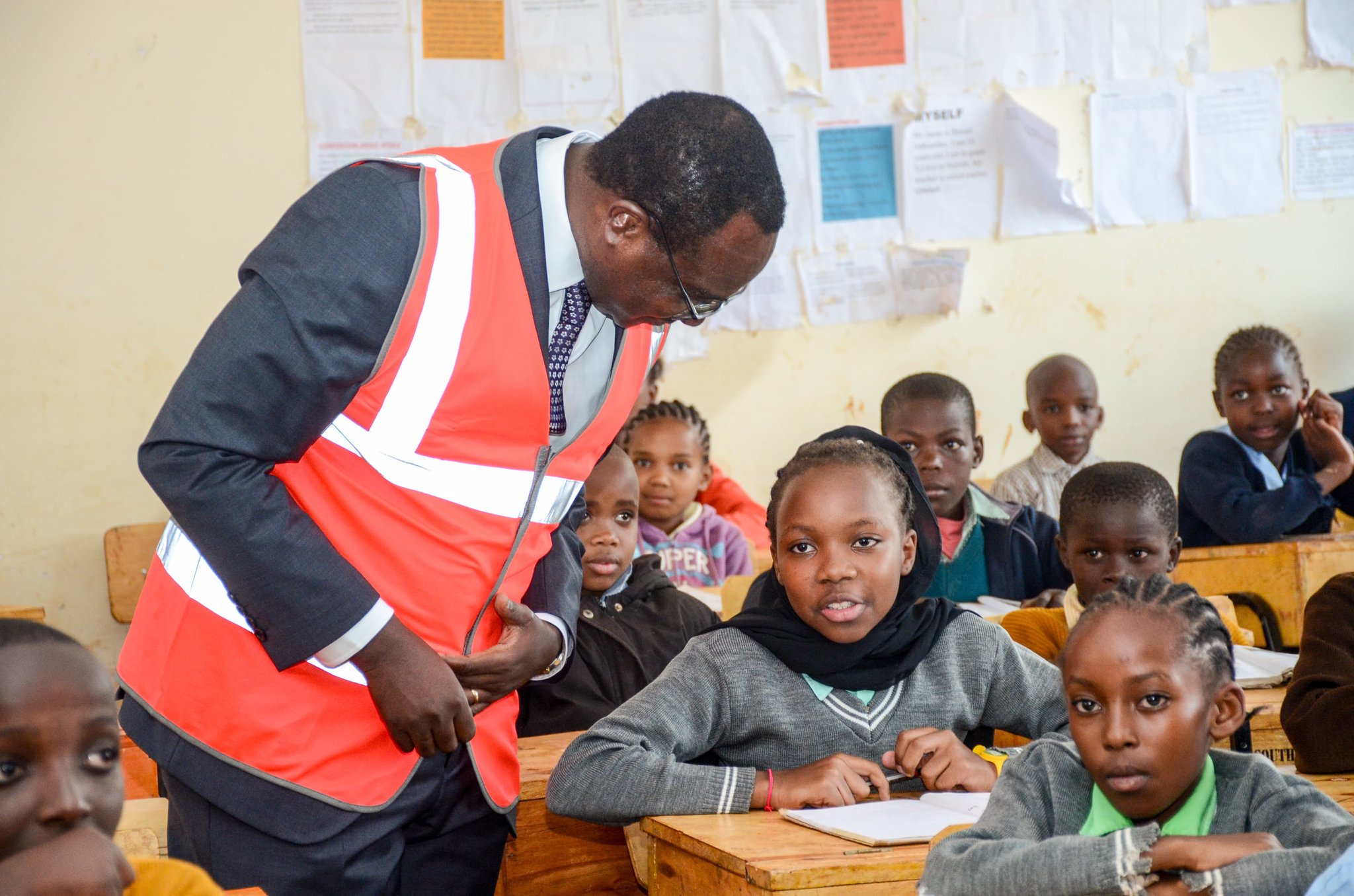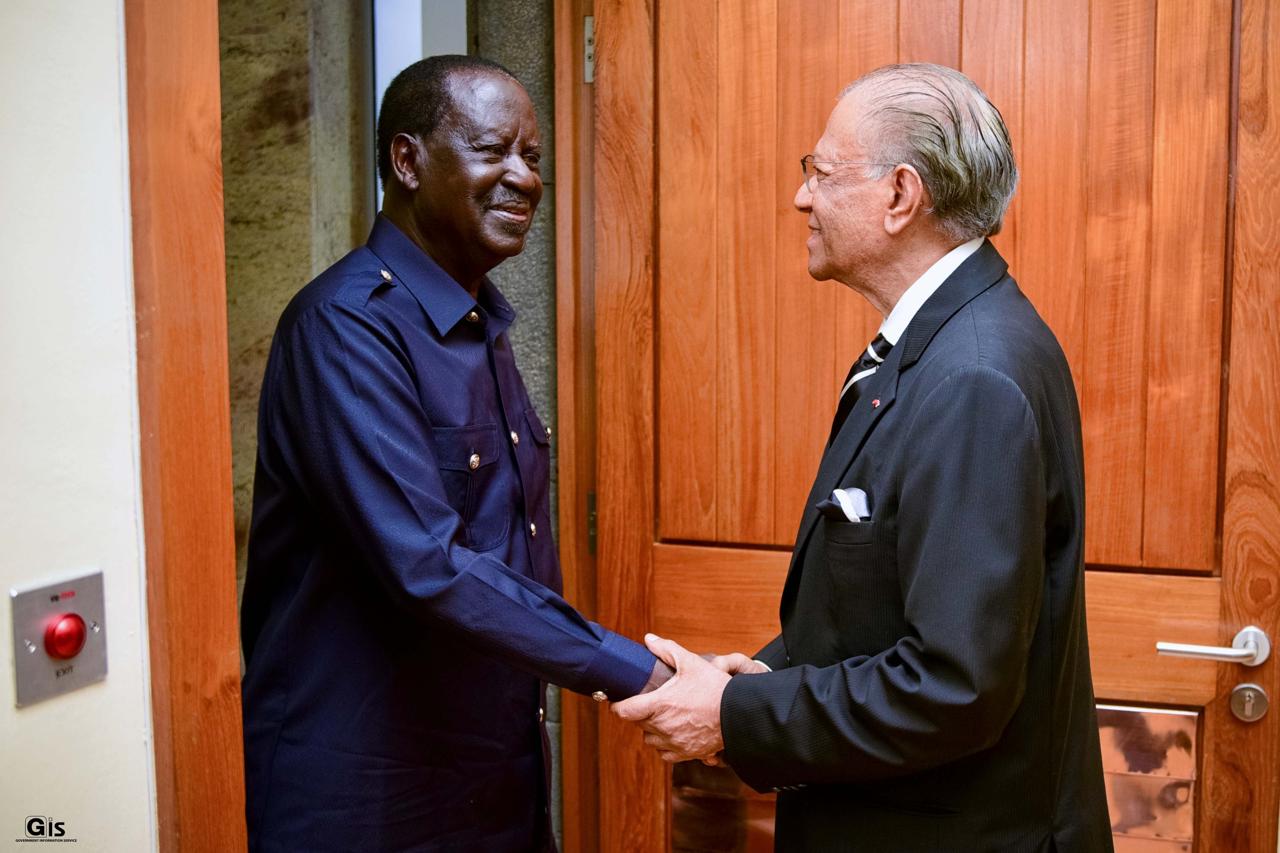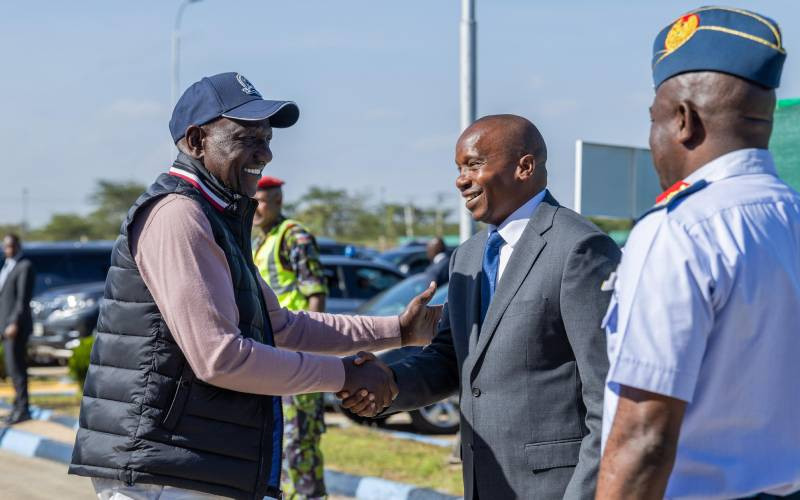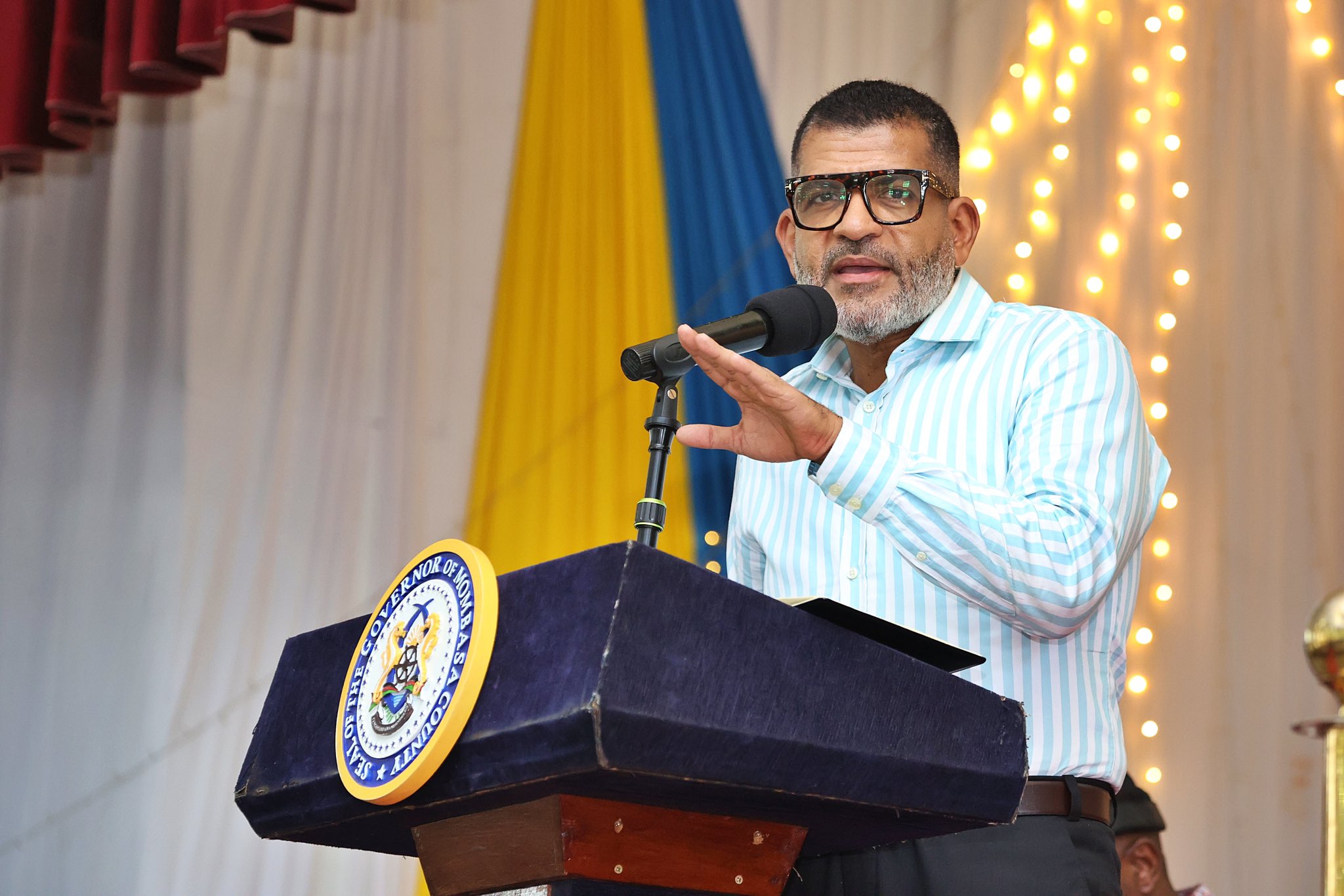Marginalised communities bear the brunt amid CBC rollout
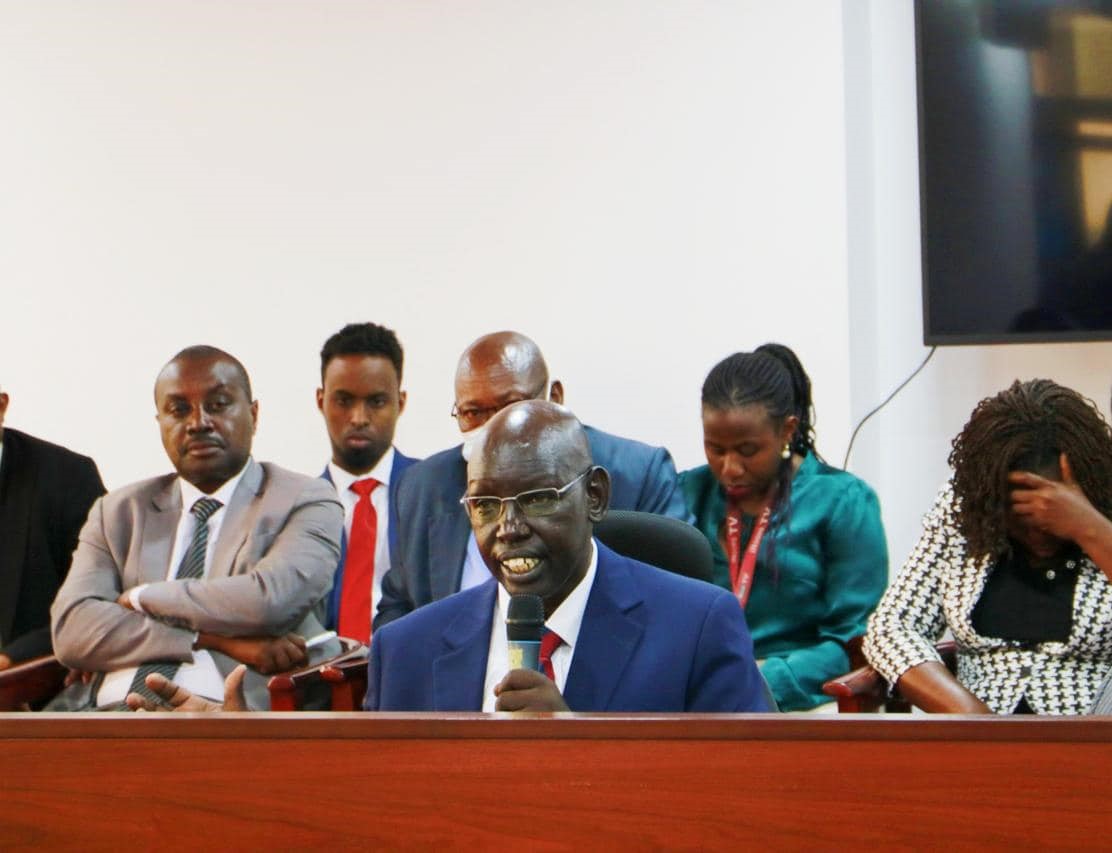
The transformation has left many schools struggling to adapt, especially in regions where basic amenities are lacking.
As Kenya transitions from the 8-4-4 education system to the Competency-Based Curriculum (CBC), challenges have emerged, particularly for marginalised communities.
Basic Education Principal Secretary Dr. Belio Kipsang on Thursday explained these challenges as he faced tough questions from the National Assembly Committee on Implementation.
More To Read
- Concerns rise over CBC curriculum as senators question readiness for Grade Nine transition
- State allocates Sh18bn for 18,000 Grade Nine classrooms countrywide
- Education Ministry sets new guidelines for Grade 10 students' academic pathways
- Tana River pupils struggle to learn in deplorable conditions at Maderte ECDE Centre
Kipsang noted that the shift to CBC has exposed critical gaps in resources and infrastructure.
"The 8-4-4 system in 1985 was almost like the CBC of today, but we ran away from the spirit of what we wanted to be and became more of exam-oriented," he explained.
This transformation has left many schools struggling to adapt, especially in regions where basic amenities are lacking.
Kajiado Central MP Memusi Kanchory, who chaired the meeting, pointed out the economic burden of implementing CBC.
"It is expensive and will continue to disadvantage those who do not have access to basic things like electricity because there are assignments," he observed.
This financial strain disproportionately affects students from marginalised communities, leaving them at a greater disadvantage in their educational pursuits.
Moyale MP Prof. Guyo Jaldesa echoed these sentiments, stressing the abruptness of the transition from the 8-4-4 system to CBC.
"We were trying to catch up with the 8-4-4 system; all of a sudden, it was abandoned. Now we are going to CBC, we have no basic infrastructure to accommodate CBC in our areas," he said.
Currently, the government allocates Sh15,043 per learner at the basic education level, but many committee members believe this funding is inadequate.
"You have given Sh1 million across the country which is supposed to cater for the construction of classrooms, but in Nairobi, that cannot work because the classroom cannot be a storeyed building. We don't have the luxury of space," said Embakasi West MP Mark Mwenje.
Equipping labs
The committee also discussed the Ministry of Education's plan to establish laboratories in 1,600 senior schools that currently lack these facilities.
Mbeere North MP Geoffrey Ruku raised concerns about the practicality of this initiative, particularly in areas without basic services.
"I come from a constituency where we don't have electricity in 26 public primary schools housing Junior Secondary classes. What are you doing?" he asked, advocating for the adoption of solar solutions in partnership with the Ministry of Energy.
PS Kipsang assured the committee that the Ministry is prepared with twelve pieces of legislation to support the CBC's implementation.
"They have been ready for the past four months. The Sessional Paper will go through Cabinet, but we are engaging with the [Departmental] Committee on Education to see how we can fast-track the other pieces of legislation," he stated.
However, discussions on the School Feeding Programme were postponed due to the absence of requested responses, prompting calls for a rescheduled meeting.
"The school feeding programme is a very important component that has gone a long way in my constituency. We as Members of Parliament should ring-fence it," MP Ruku said.
